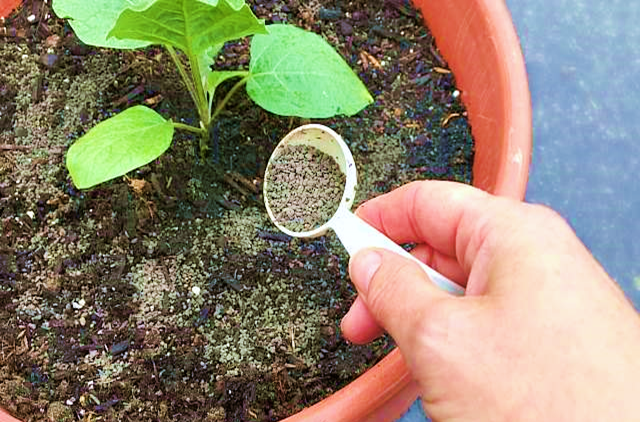Container Gardening
Fertilizers for Growing Vegetables in Containers
For many gardeners, one of the biggest challenges is finding the best fertilizers for growing vegetables in containers. There are many types of fertilizers for growing vegetables in the market, and it can be difficult to know which ones work best for your vegetable plants. You might end up using different fertilizers for your garden than you’ve ever used before.
There’s no right or wrong answer to this, as it all depends on the plants you’re trying to nourish and how much time you have available to devote to caring for them. The important thing is to find the best fertilizers for your particular plants, and here are a few things to consider:
Slow-release Fertilizer
If your plants need slow-release nutrients, then a granular type of fertilizer is best. They release their nutrients slowly over a long period of time, which means that they are more natural for your plants. They also release their nutrients slowly, so your plants don’t suffer from a lack of nutrition as a result of being over-fertilized. Your soil may still need some nutrients, but the slow-release nature of granular fertilizers make them ideal.
Slow-release Fertilizers are Better than Fast-release
In fact, nutrients are so important that slow-release fertilizers are not necessarily better than fast-release varieties. Instead, it’s more important that you use a slow-release variety of fertilizer that contains the nutrients your plant needs to thrive. Even if your plant does not need additional nutrients immediately, a slow-release fertilizer will help maintain the health of the soil that your plant is growing in.
Excess of Fertilizers Will Make Soil Unhealthy
If you feed your plants too much fertilizer, you could end up with unhealthy soil that will take much longer to establish. This could mean more frequent watering, more time spent planting and rearranging your plants, and ultimately, the loss of your plants.
Nitrogen-Containing Fertilizers
Choosing the best fertilizers for vegetables in containers should also be based on the type of plant you have. If you have a plant that needs nitrogen, then you should be looking for fertilizers that feature a heavy amount of nitrogen. Nitrogen is essential to healthy root growth, so fertilizers that feature this element are going to work best. On the flip side, if you have a plant that doesn’t need much in the way of nutrients, then slow-release fertilizers may work out just fine. They can be applied in small amounts over a long period of time, and this will ensure that your soil is maintained without much effort on your part.
Nutrient Containing Fertilizers
Another consideration for choosing the best fertilizers for vegetables in containers is the moisture content of the soil. If you have a plant that is drought tolerant, then you can use a fertilizer that features low amounts of nitrogen and magnesium. On the other hand, your Mediterranean-type plants, such as tomatoes, need a lot of magnesium, trace minerals, and potassium.
Potassium is found naturally in water, but if you’re growing a plant that likes an abundance of water, you’ll want to use a fertilizer that provides it. Plants that prefer drier soil may benefit from high levels of sodium or potassium.
Phosphorus, Potassium, and Calcium Containing Fertilizers
Some examples of the best nutrients for a plant to have been phosphorus, potassium, and calcium. These elements can actually be added to the soil through various processes, and each of these nutrients has its own unique place in the world of plants. Phosphorus is needed for plant growth and to keep them healthy.
Potassium is important for your tomato plants because it is necessary for them to grow tall and healthy. And calcium is necessary for any kind of plant, especially dairy products, so make sure you add plenty of this nutrient to your soil.
Needs of Fertilizers at Different Stages of Plant Growth
Fertilizers may not be all they’re cracked up to be, though. There is a delicate balance that needs to be maintained when using this kind of product. When choosing what nutrients are best for your plants, there are several factors to take into consideration. Plants need certain amounts of the nutrients depending on their type and stage of growth.
Conclusion
You’ll also want to pay attention to what kind of weather the plants will be dealing with. During certain seasons or climates, these nutrients might need to increase as much as 100 percent. It’s important to find the best fertilizers for vegetable plants so that they can continue to grow and prosper in your garden.

